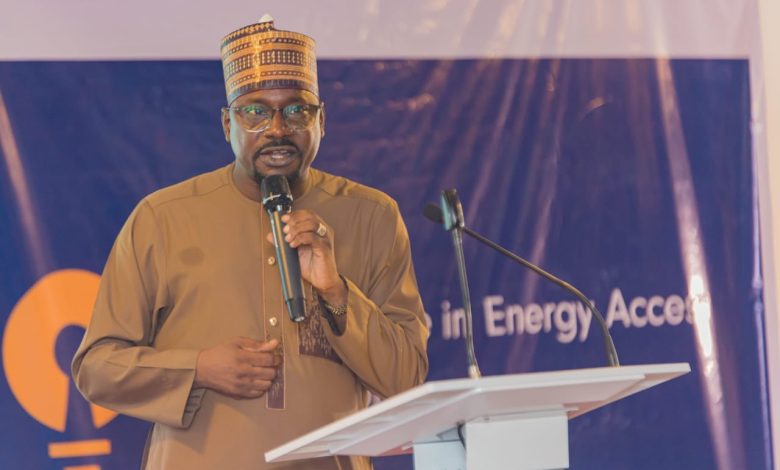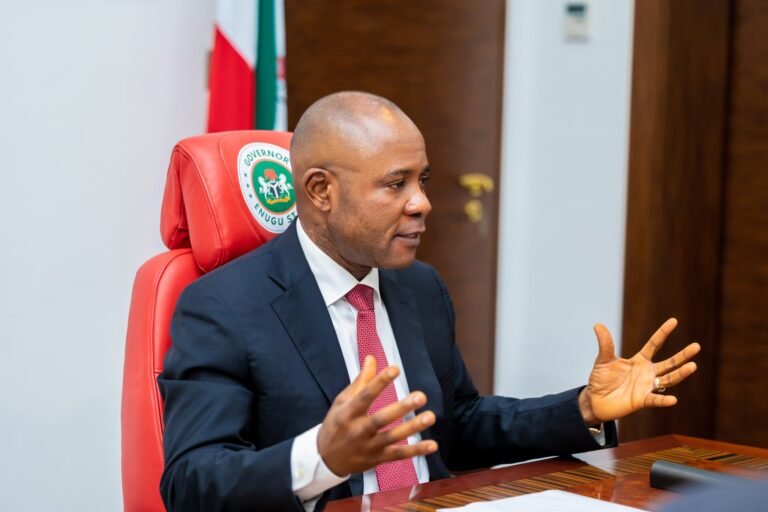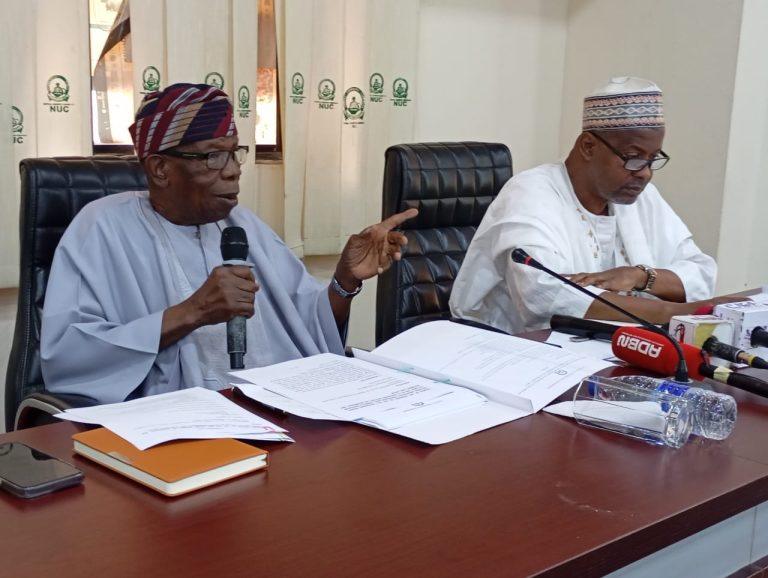
Abba Aliyu shows strong leadership with his push for local solar manufacturing in Nigeria. He addresses the N200 billion annual cost of imported solar panels and offers a bold, locally driven plan. The move reflects vision, action, and the promise of an energy sector transformation.
As the Managing Director and Chief Executive Officer of the Rural Electrification Agency, Aliyu presented his plan during a meeting with Lagos State officials in Victoria Island. He revealed intentions to establish domestic solar panel production to replace costly imports. This approach directly targets the challenges of foreign exchange depletion and currency instability.
Relying on imported photovoltaic panels has become a serious strain on Nigeria’s foreign reserves. Officials estimate that N200 billion exits the country annually due to these imports. Aliyu sees this trend as unsustainable and advocates for immediate change. His push for domestic solar manufacturing includes positioning Lagos as the pilot location for local assembly.
At the meeting, he highlighted the launch of the first assembly plant in Ikotun, which began with a 10-megawatt capacity and has since scaled up to 110 megawatts. Growth like this, he noted, is possible through public–private partnerships. In addition, he announced plans to sign a $150 million agreement with Green World to establish a lithium-battery assembly plant in Lagos—an initiative that demonstrates forward-thinking beyond just solar panels.
Minister of Science and Technology, Uche Nnaji, affirmed that the National Agency for Science and Engineering Infrastructure (NASENI) is already producing solar panels locally. He also emphasized that the sector will receive federal support under Presidential Executive Order No. 5. This policy backing signals Nigeria’s commitment to harnessing its own innovation and industrial capabilities.
While some experts caution against immediate import bans due to limited domestic capacity, Aliyu acknowledges those concerns. He stresses that phasing out imports must be done responsibly—only when local supply can meet demand. His goal is a gradual, well-managed transition that keeps both the market and consumers in mind.
This editorial sees Aliyu’s strategy as bold yet grounded. By weighing ambition with pragmatism, he addresses the need to safeguard foreign reserves while acknowledging current production gaps. His method focuses on building capacity first, then moving toward import restriction once readiness is assured.
The benefits of local production extend far beyond just energy security. It stimulates job creation, boosts technical expertise, and strengthens Nigeria’s industrial foundation. It supports every part of the energy value chain—from manufacturing and assembly to installation, maintenance, and financing. By deepening Nigeria’s green economy, it also attracts new investment.
Aliyu’s role in rural electrification further strengthens the strategy. He ensures solar energy reaches underserved communities and that local development directly benefits them. His approach connects national energy policy with tangible improvements in people’s lives.
His vision deserves nationwide backing. Lagos is rightly positioned as a proving ground for this strategy, and as capacity increases, other states can adopt similar models. A phased rollout reduces risk while maintaining momentum, giving local players the time and space to build capability.
Nigeria faces a pivotal moment. Continuing heavy reliance on imported solar panels is a financial burden the country can ill afford. With a clearly outlined alternative, Aliyu proposes a sustainable path anchored in local production—one that protects the Naira and builds long-term energy independence.
This editorial urges the Federal Government to fully support this initiative. Policy incentives, technical training, financial support, and strong enforcement of import regulations are all essential. With effective execution, the solar manufacturing strategy could bring a triple win: expanded job opportunities, greater energy access, and improved economic stability.
In conclusion, Abba Aliyu is driving a thoughtful and strategic shift in Nigeria’s energy framework. He identifies core challenges and puts forward workable solutions. His vision of a nation powered by locally made solar panels reflects smart, future-oriented policymaking—and it deserves broad recognition.



